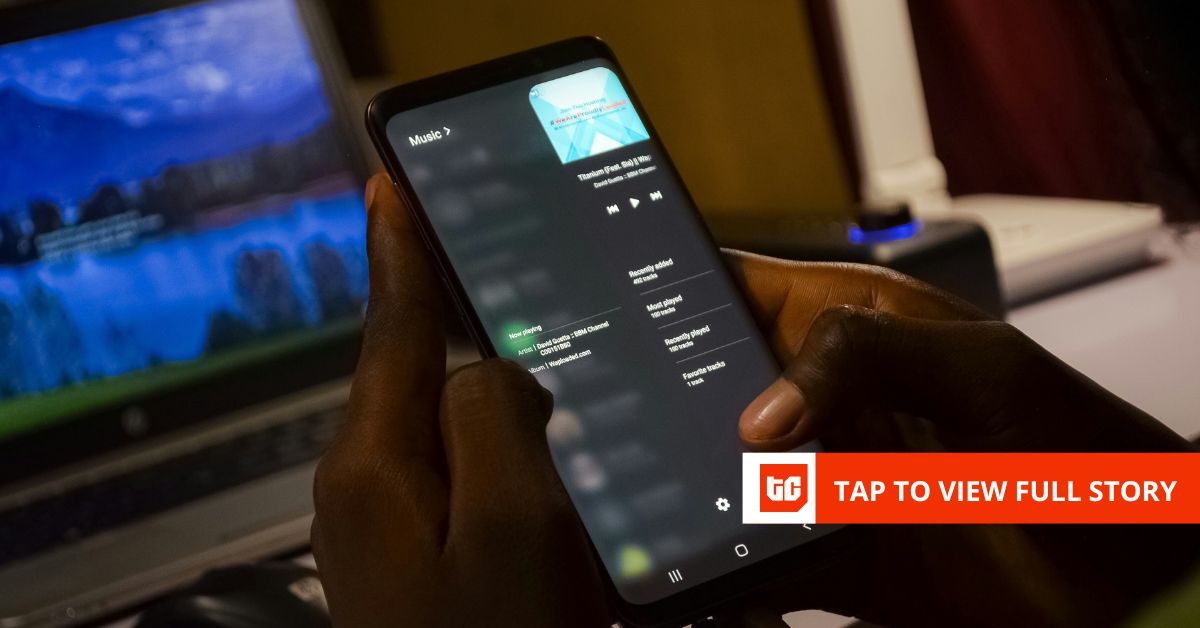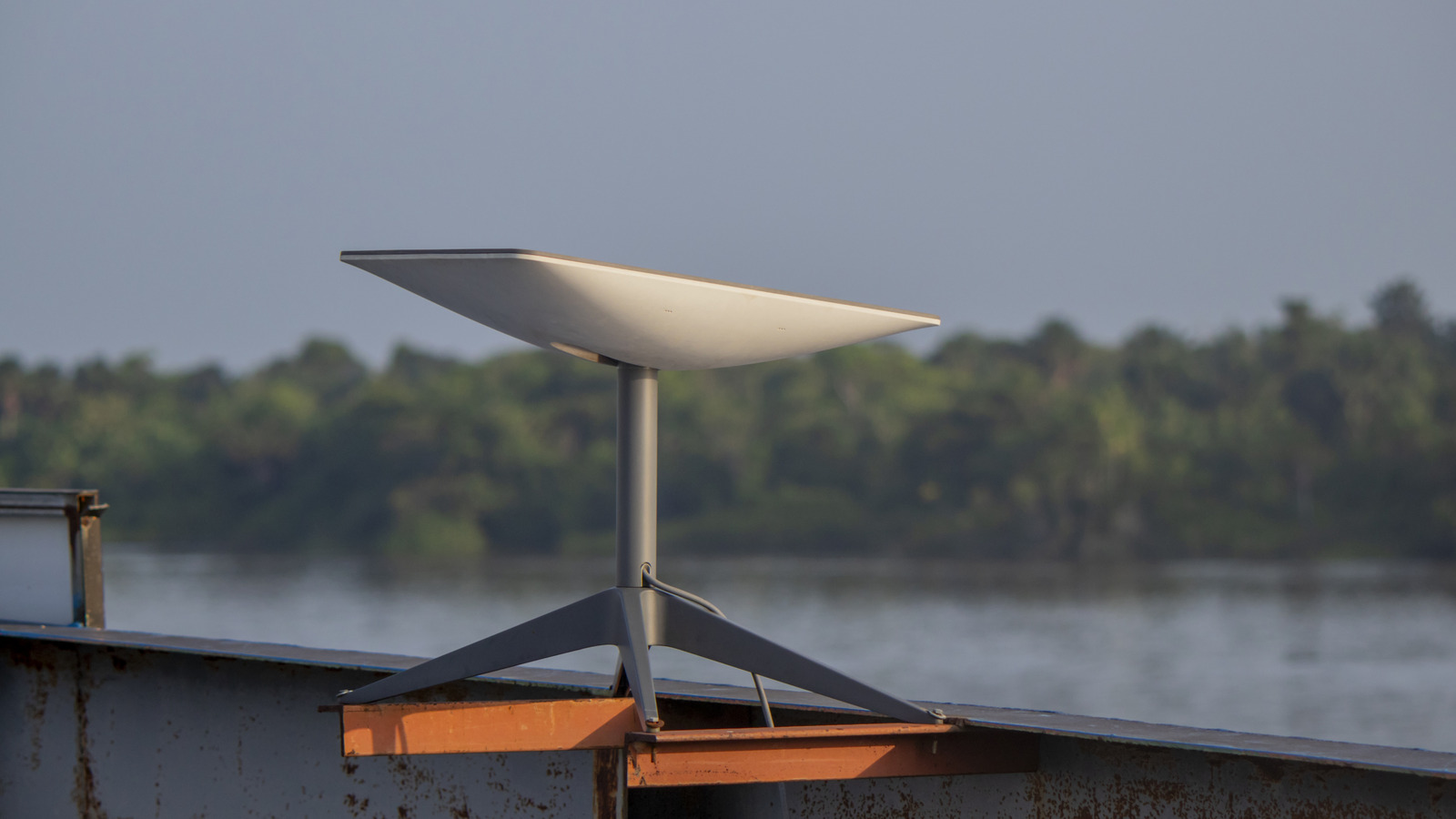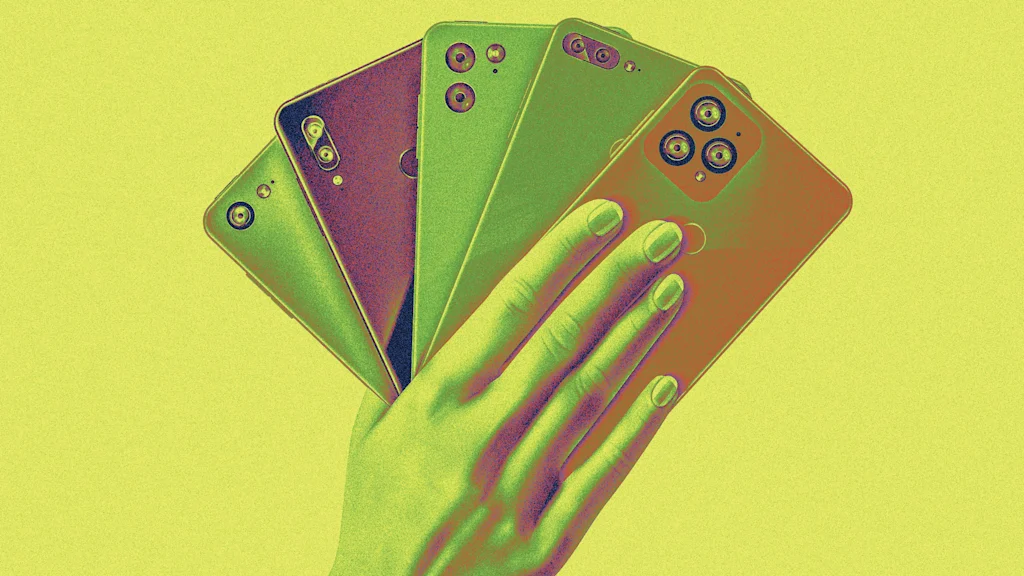Nigeria’s smartphone market rebounded by 10% in Q2, 2025, after declining by 7% in Q1, 2025, according to Canalys, a global technology market analyst firm. This marks the fastest growth since Q1, 2024, reflecting how easing inflation, a stabilising naira, and aggressive device financing schemes are helping the country’s mobile economy recover from a bruising year of currency shocks and shrinking household budgets.
Smartphones are crucial in Nigeria, where mobile is the gateway to the internet for many. As of July 2025, the country had 138.22 million mobile internet connections compared with 318,858 fixed wired and fibre connections. Less than 20% of households in Nigeria own a computer, according to the World Bank.
But the market remains highly sensitive to currency swings since devices are largely imported. The Central Bank of Nigeria’s 2023 reforms triggered a steep naira crash, making phones more expensive.
“We import our phones, and higher dollar prices mean higher prices,” said Ifeanyi Akubue, president of the Phone and Allied Product Dealers Association of Nigeria (PAPDAN), a national body for phone users.
The impact was swift. By Q3 2024, Nigeria’s smartphone market growth slowed to 1%, reversing the 63% surge of Q4 2023. By Q1 2025, rising food inflation and shrinking household budgets dragged the market down 7%.
However, Q2’s rebound has been driven by easing inflation and a stabilising naira, which also lifted the broader African smartphone market, which grew by 7% after only experiencing a 3% growth in Q1, 2025.
“Nigeria continues to stand out as one of Africa’s most resilient smartphone markets,” Manish Pravinkumar, senior consultant for Middle East and Africa (MEA) at Canalys, told .
With over 60% of the population under 25, mobile internet as the default access point, and 4G-enabled devices becoming more affordable, demand was bound to rise.
How brands are competing
Samsung, Transsion, and Xiaomi are leading Nigeria’s smartphone market recovery. Samsung is doubling down on distribution in upcountry regions, expanding its retail footprint, and offering financing options.
“Affordable yet feature-rich Galaxy devices, a growing after-sales ecosystem (Samsung Care+ and more service centers), and Galaxy AI tailored for Nigerian users (including local language support) have built stickiness,” Pravinkumar said.
For Xiaomi, a partnership with MTN Nigeria offering REDMI 15C users six months of bonus data is blending affordability with network stickiness, according to the analyst.
“Built on national distributors, regional wholesalers, and micro-retailers offering credit, promotions, and localised after-sales,” he said. “ This has created deep rural penetration, though rivals are starting to sway younger shoppers with design and marketing.”
Transsion, makers of Tecno, Itel, and Infinix, remains dominant with 65% market share in the country, with its edge lying in the sub-$100 segment (₦151,487), “where it has recorded 69% growth by addressing first-time smartphone buyers,” according to Pravinkumar.
“With tailored features for local users and a robust offline retail and service presence, Transsion remains the default entry point for millions entering the smartphone ecosystem,” he added.
Role of device financing
Perhaps the biggest catalyst has been phone financing. Providers like M-Kopa, Easybuy, CDCare, Jumia Flex, Slot Nigeria, and the Device Finance Scheme by Access Bank, among others, are making devices more accessible.
“Models such as Buy-Now, Pay- (BNPL) and Pay-As-You-Go (PAYGO) are redefining affordability, enabling broader smartphone ownership and driving digital inclusion,” Pravinkumar said.
Still, risks remain. Smartphones are a luxury for many Nigerians, and prices continue to climb. However, they provide a lifeline in a country where feature phones accounted for 46% of the total mobile market as of Q2 2025.
Increasing smartphone penetration, which stood at 59% in urban areas of Nigeria and 26% in rural regions in 2023, is crucial to unlocking the full potential of Nigeria’s digital economy, as many startups rely on mobile-first customers.
However, the shift toward smartphones is accelerating albeit slowly, “driven by financing schemes, aggressive retail expansion, and local partnerships,” Pravinkumar added.
Mark your calendars! Moonshot by is back in Lagos on October 15–16! Join Africa’s top founders, creatives & tech leaders for 2 days of keynotes, mixers & future-forward ideas. Early bird tickets now 20% off—don’t snooze! moonshot..com











